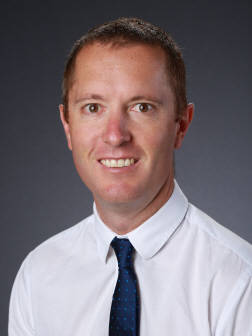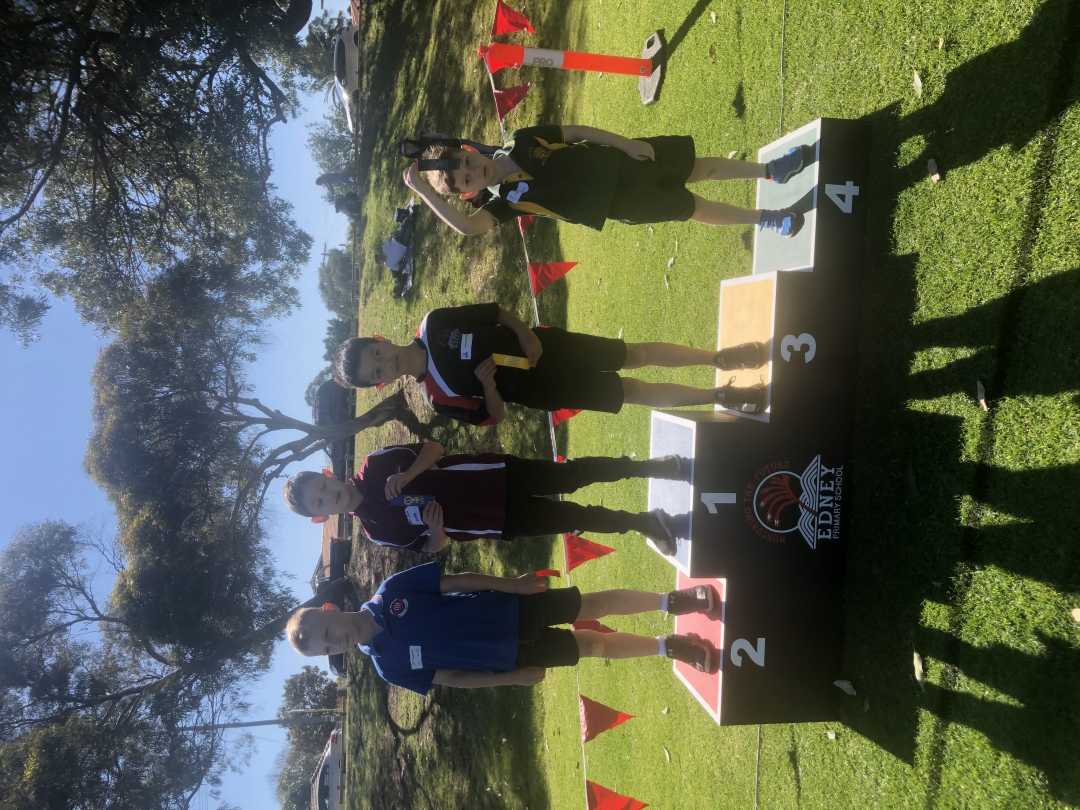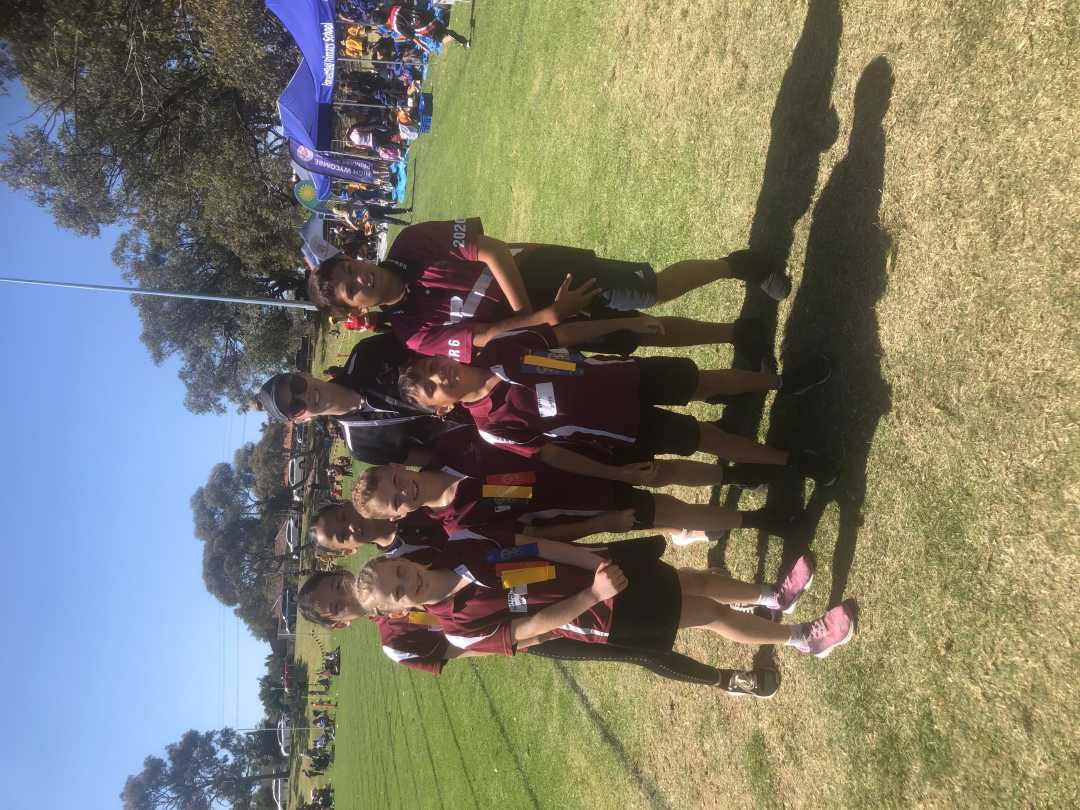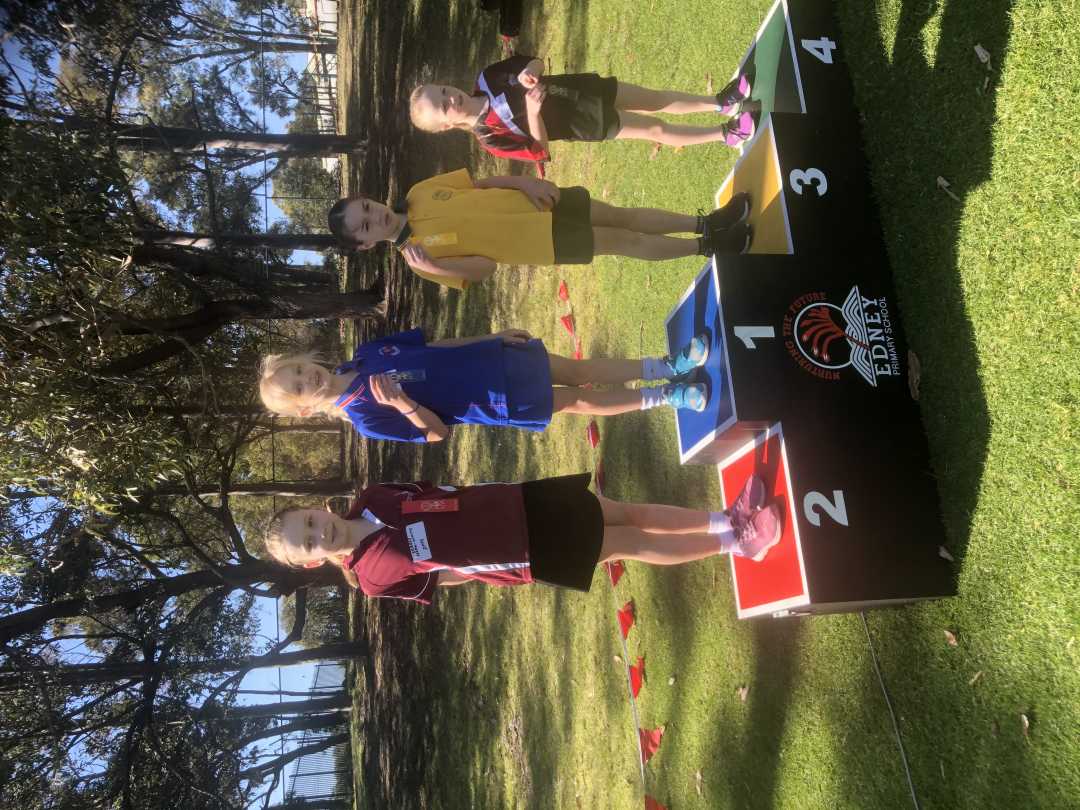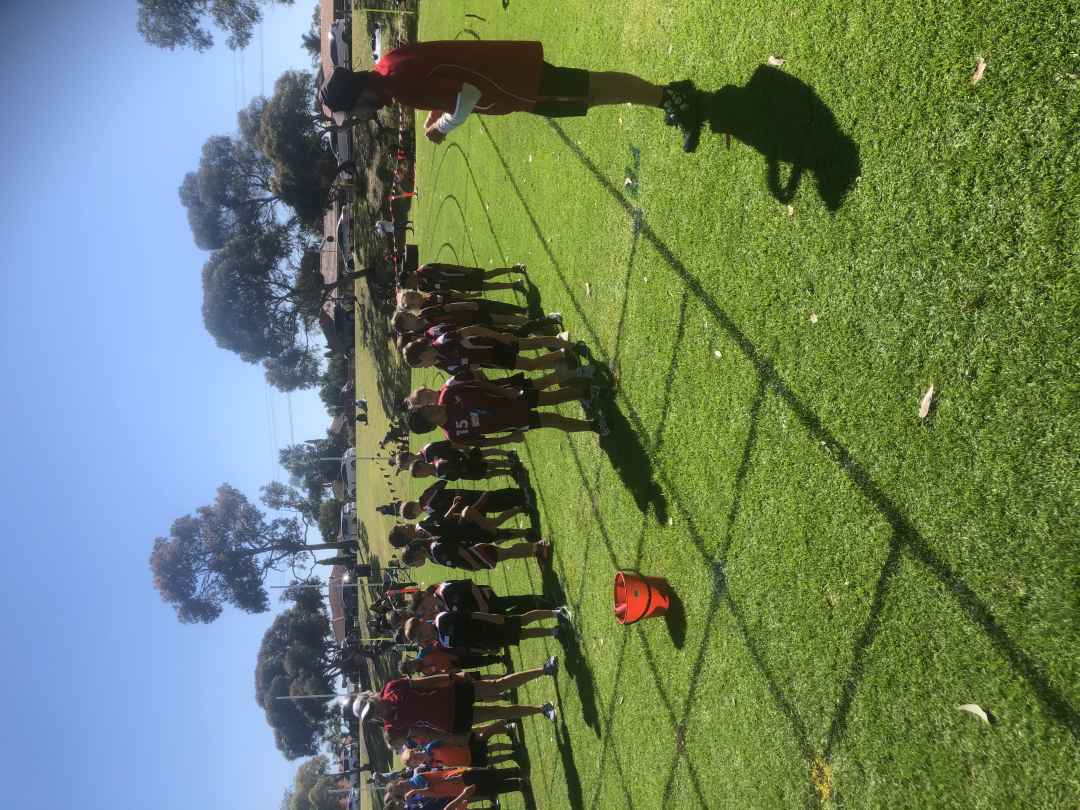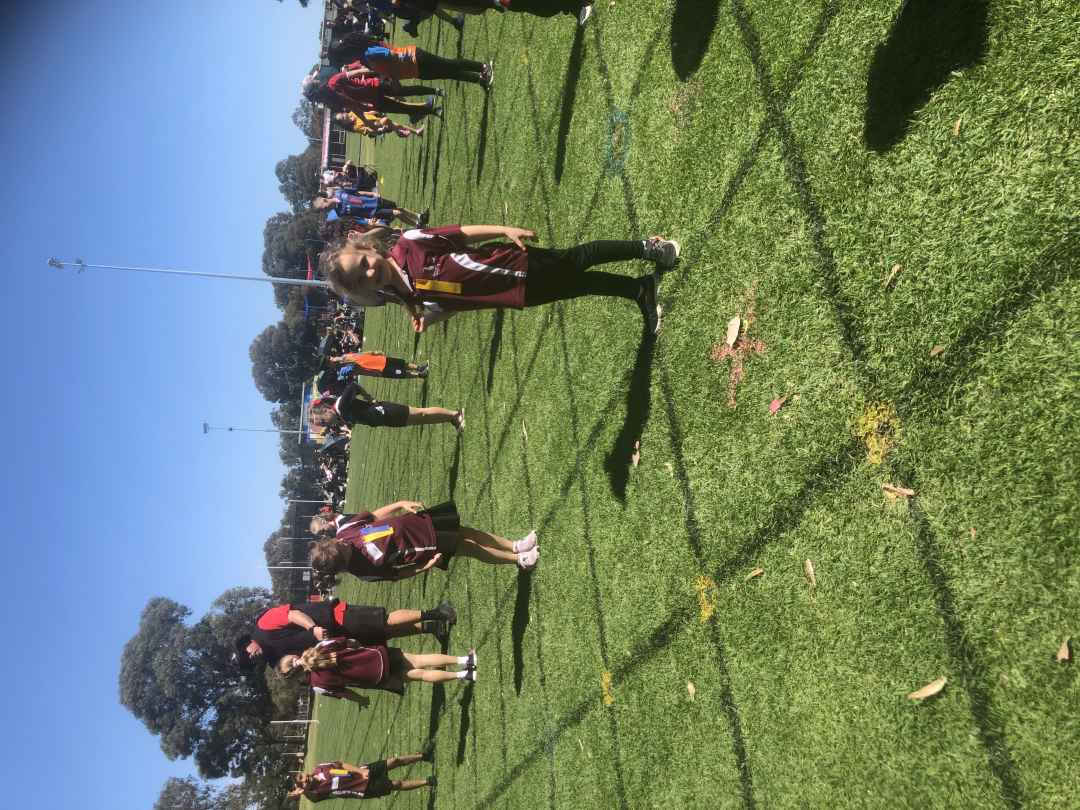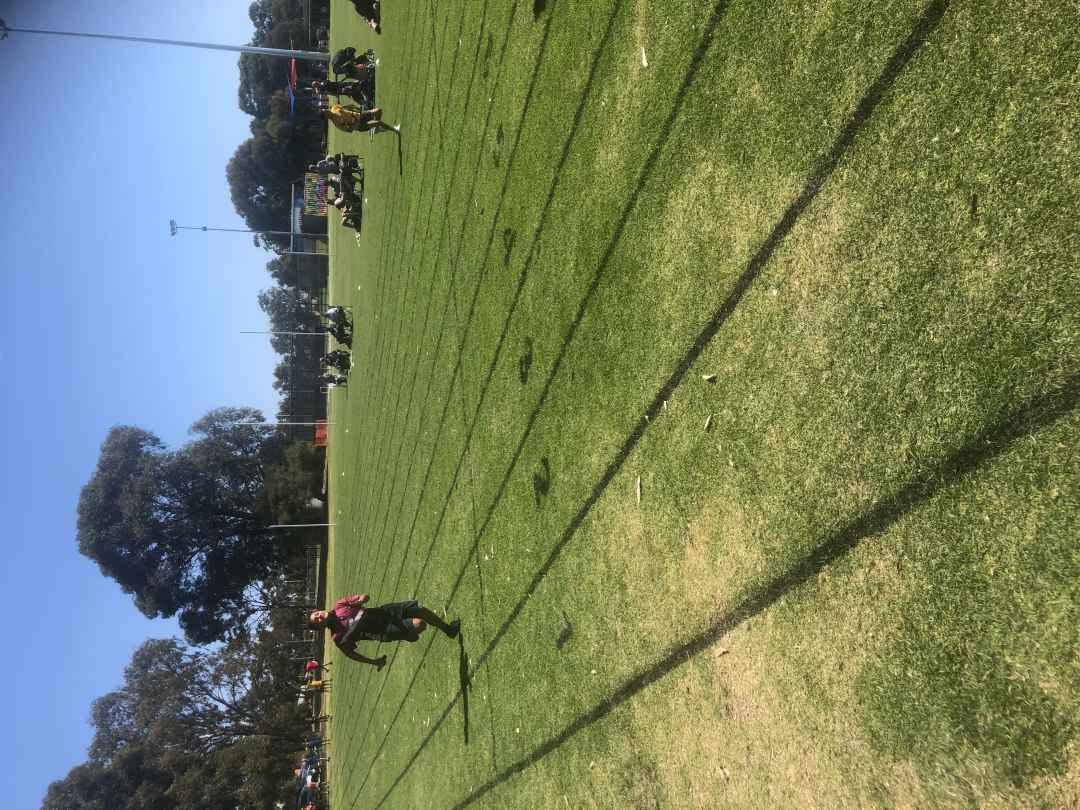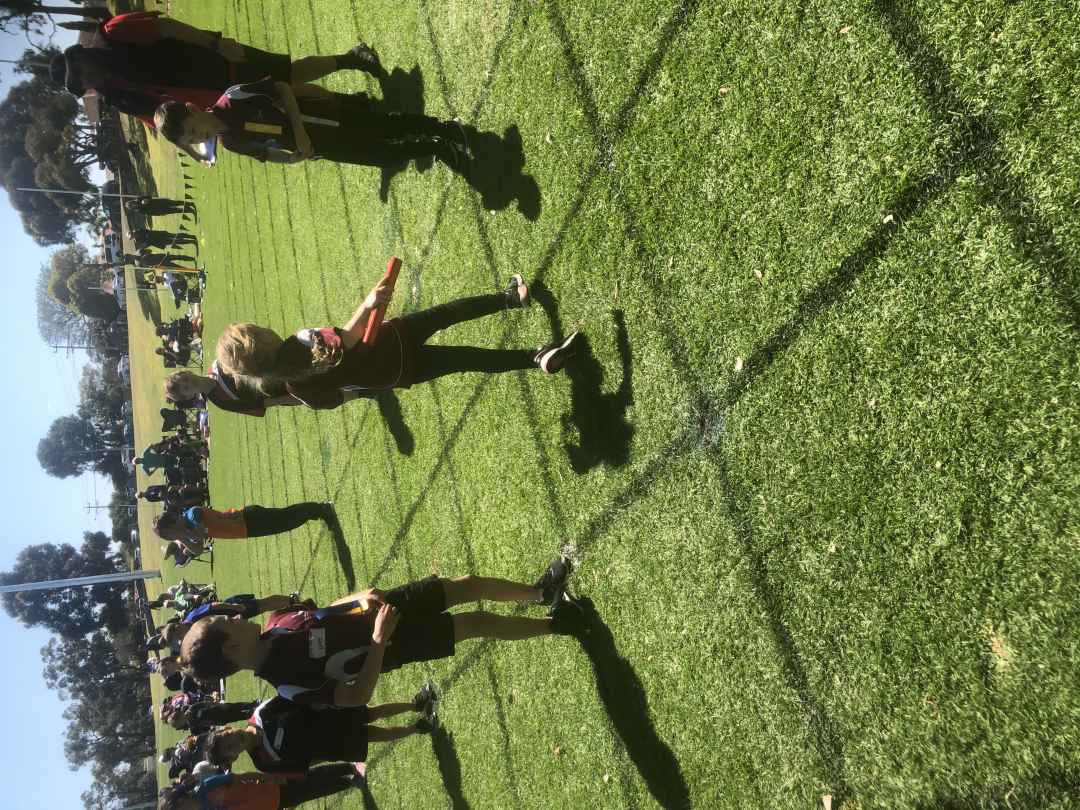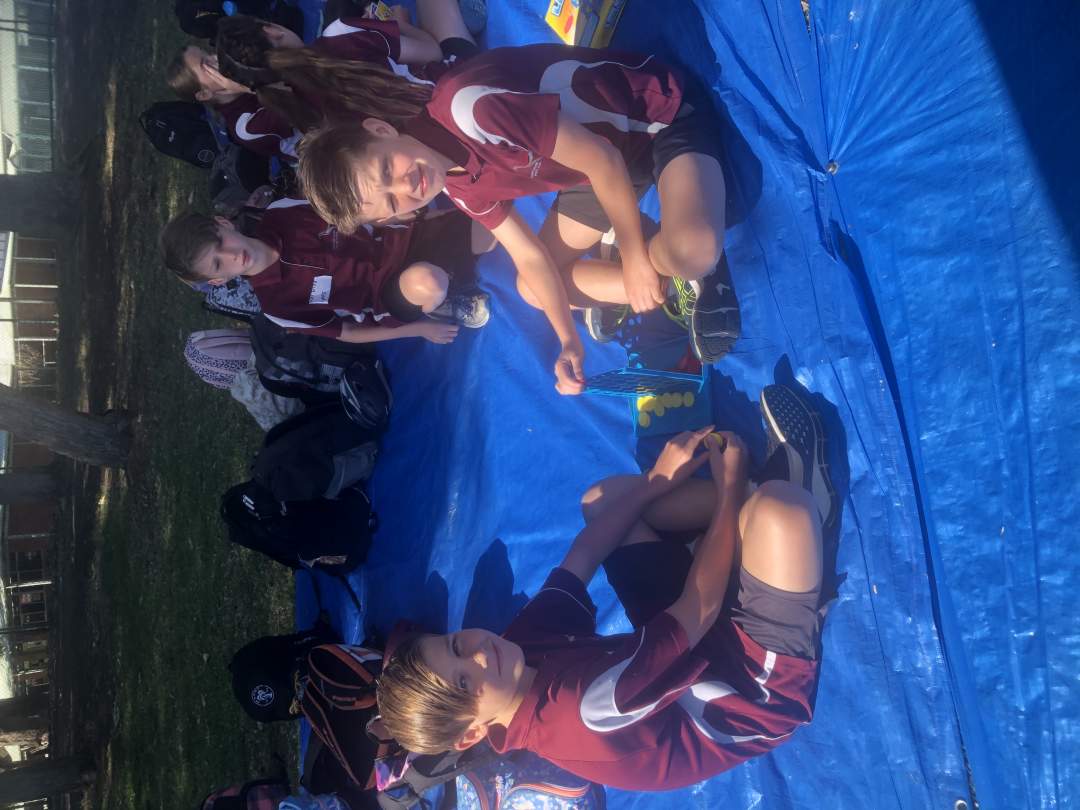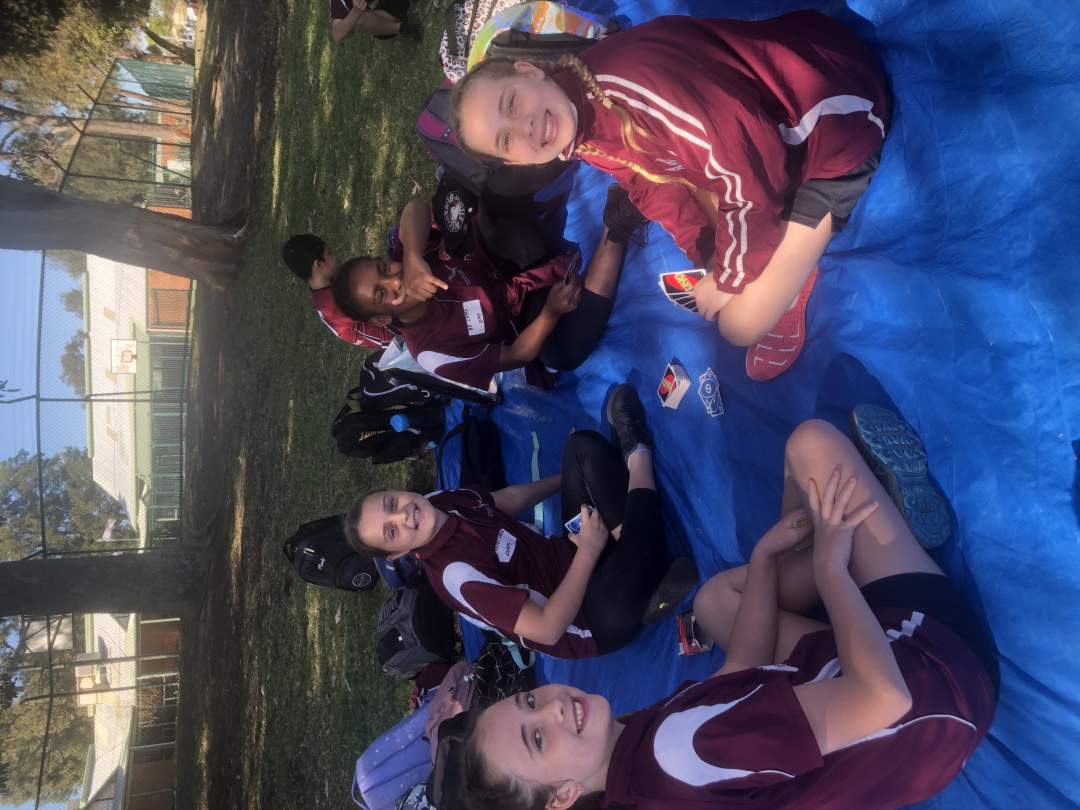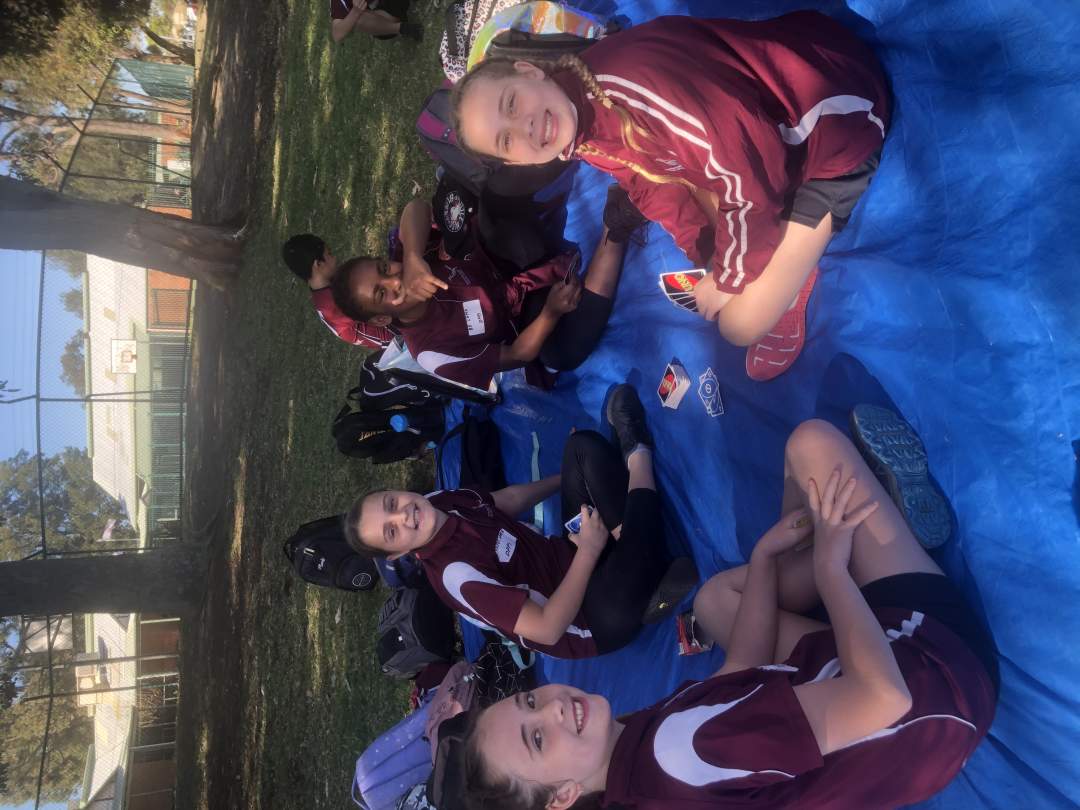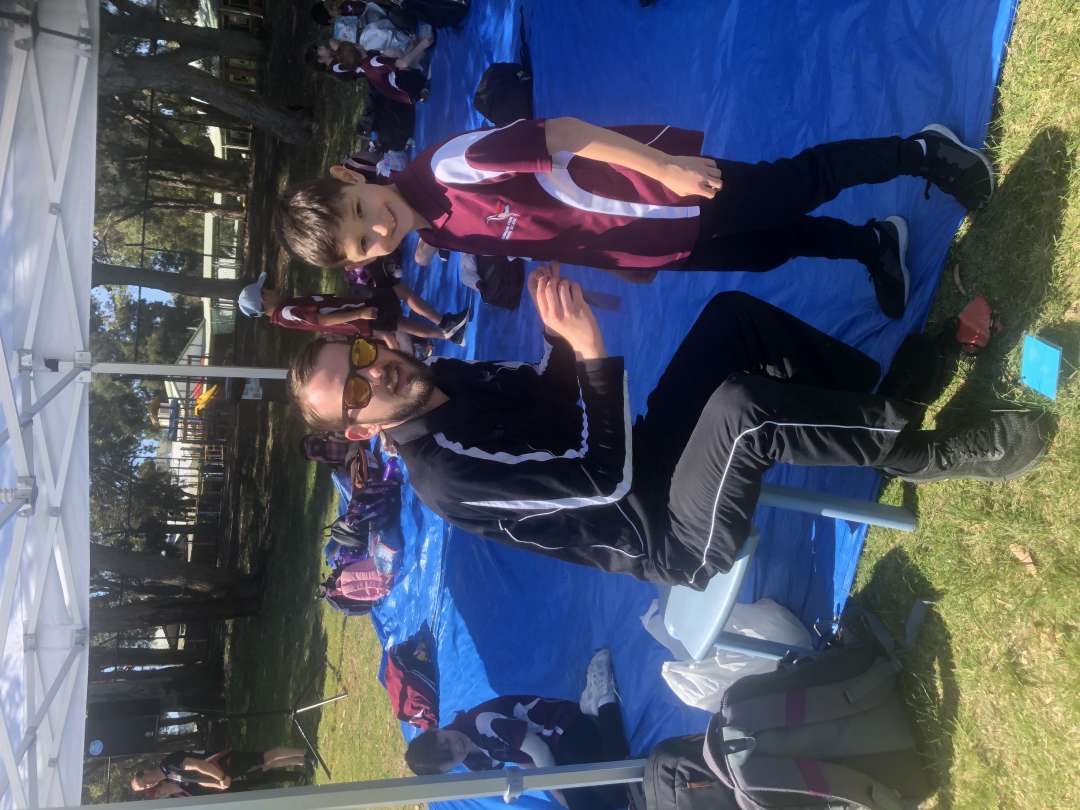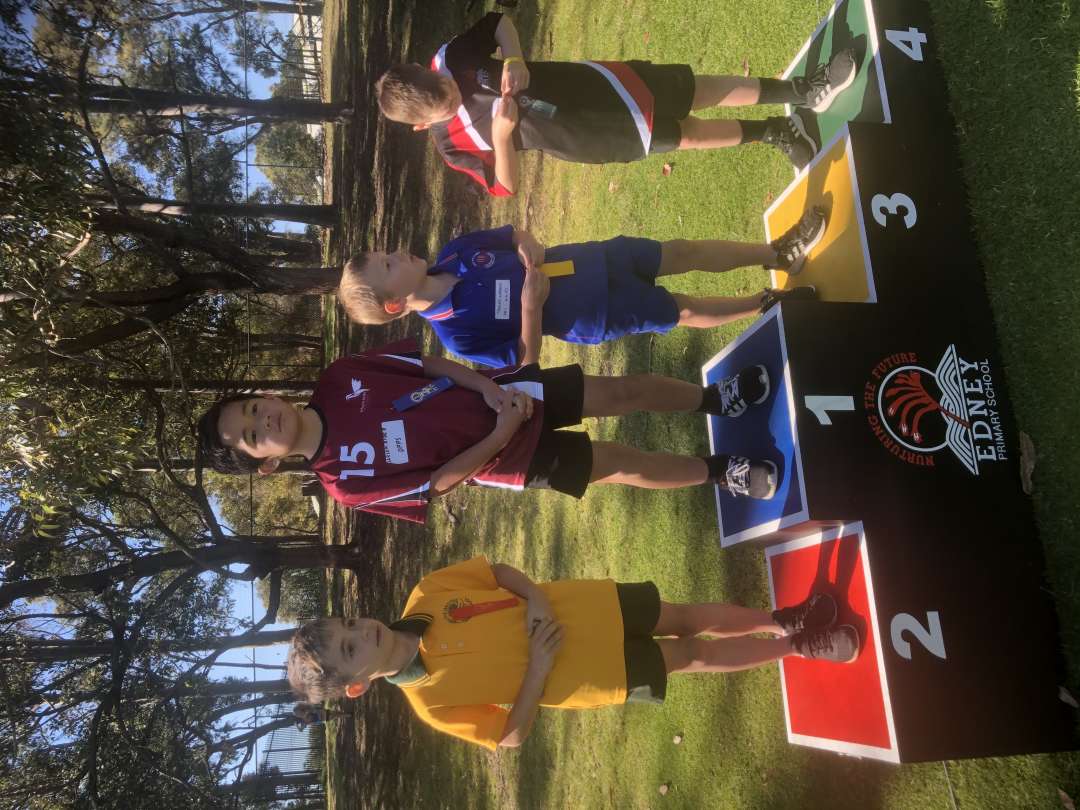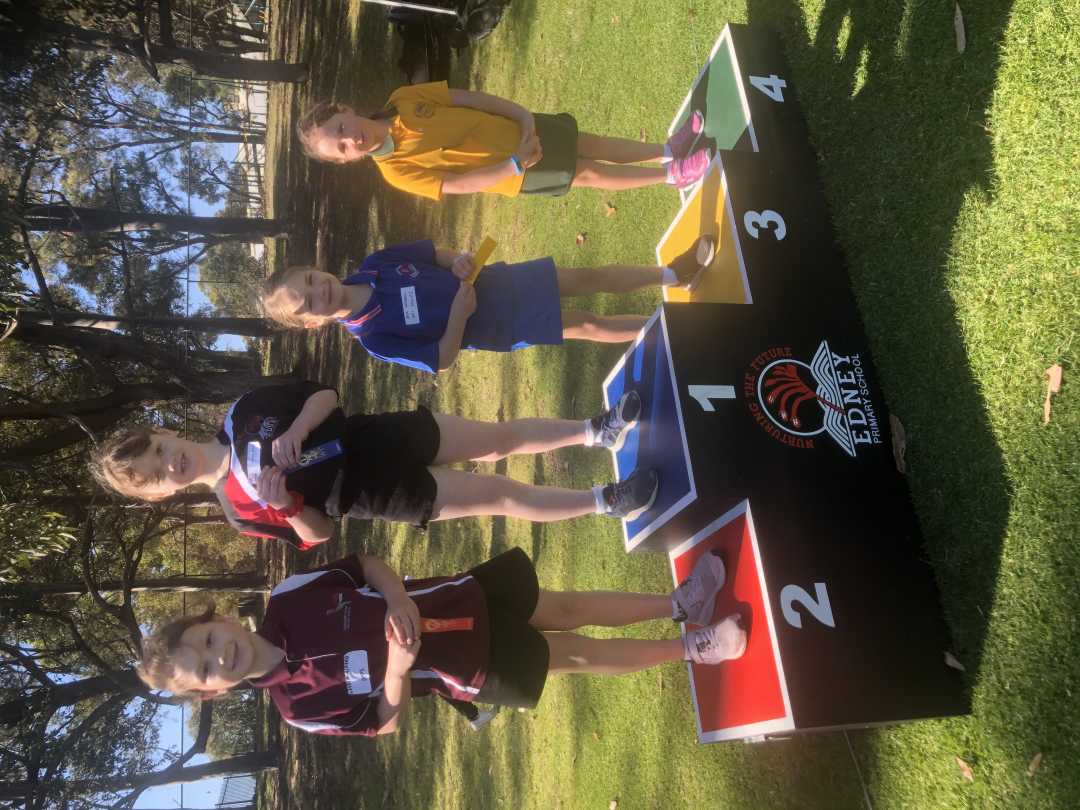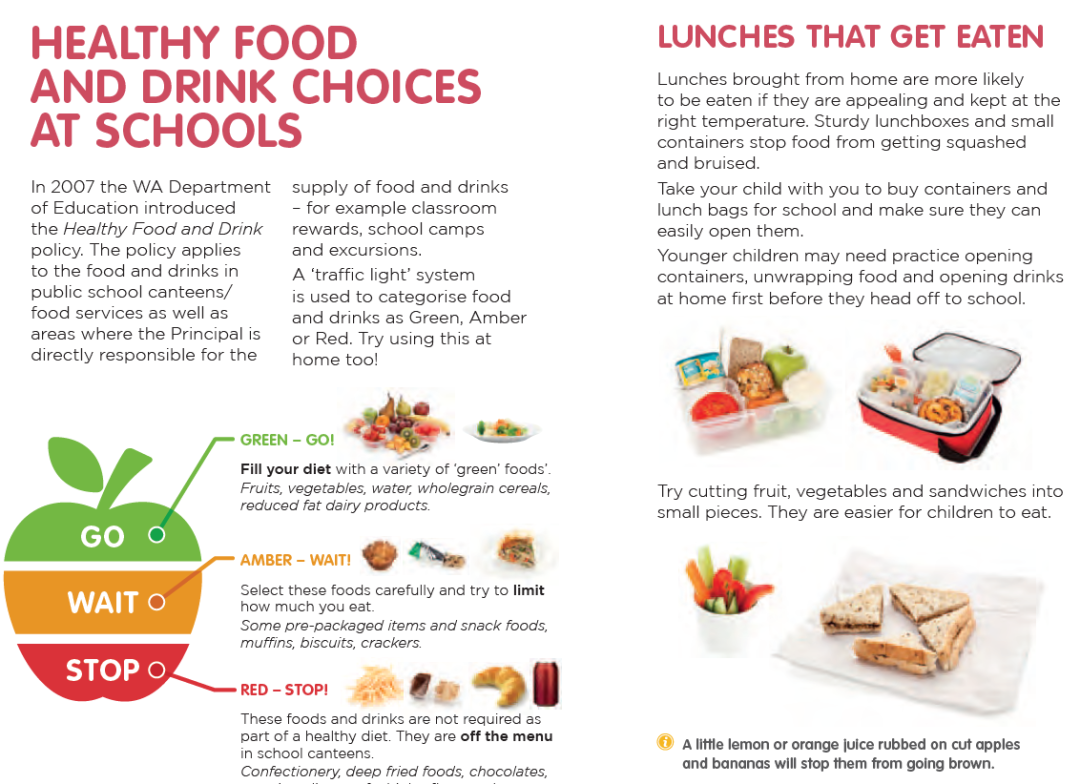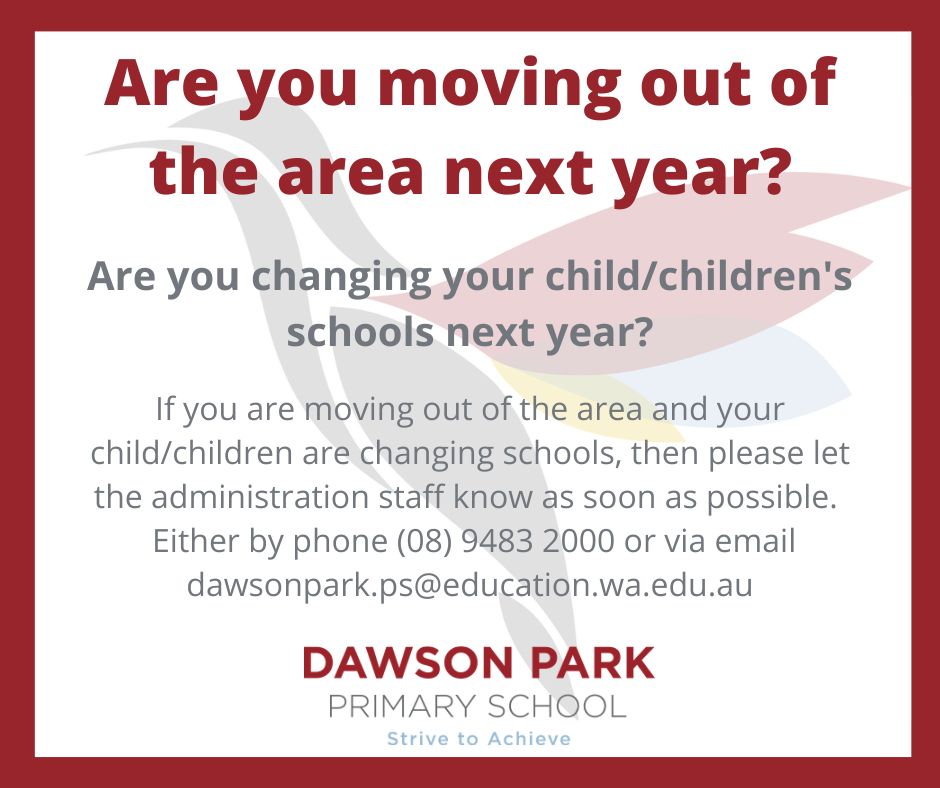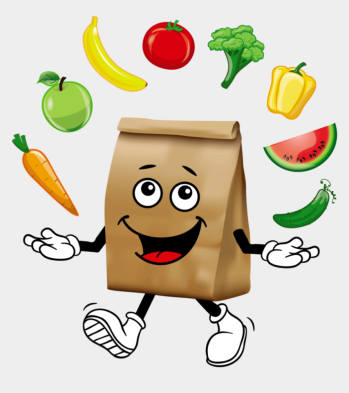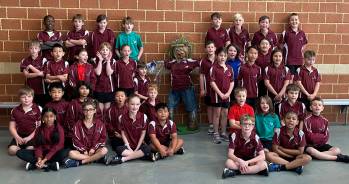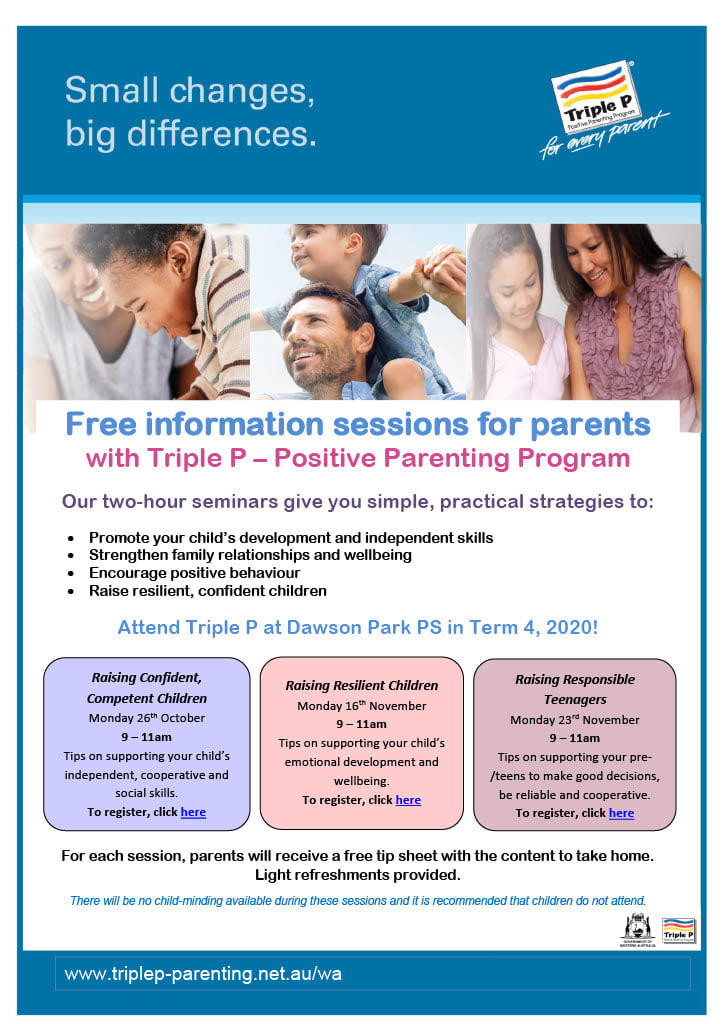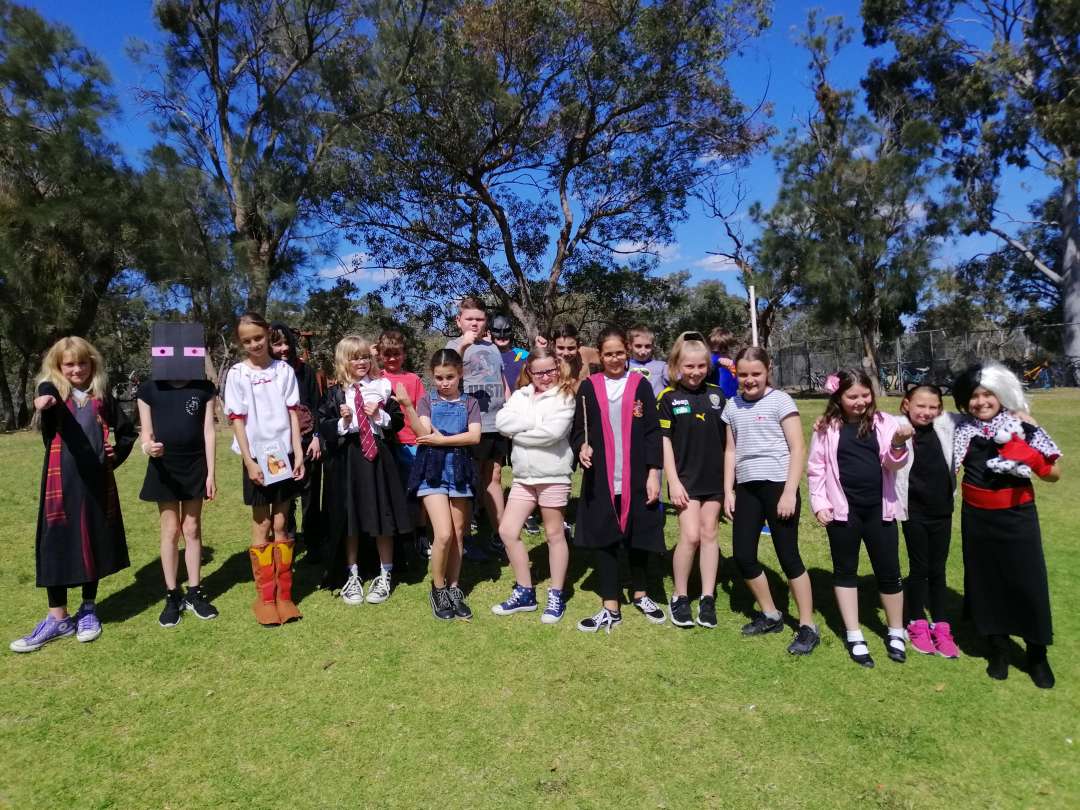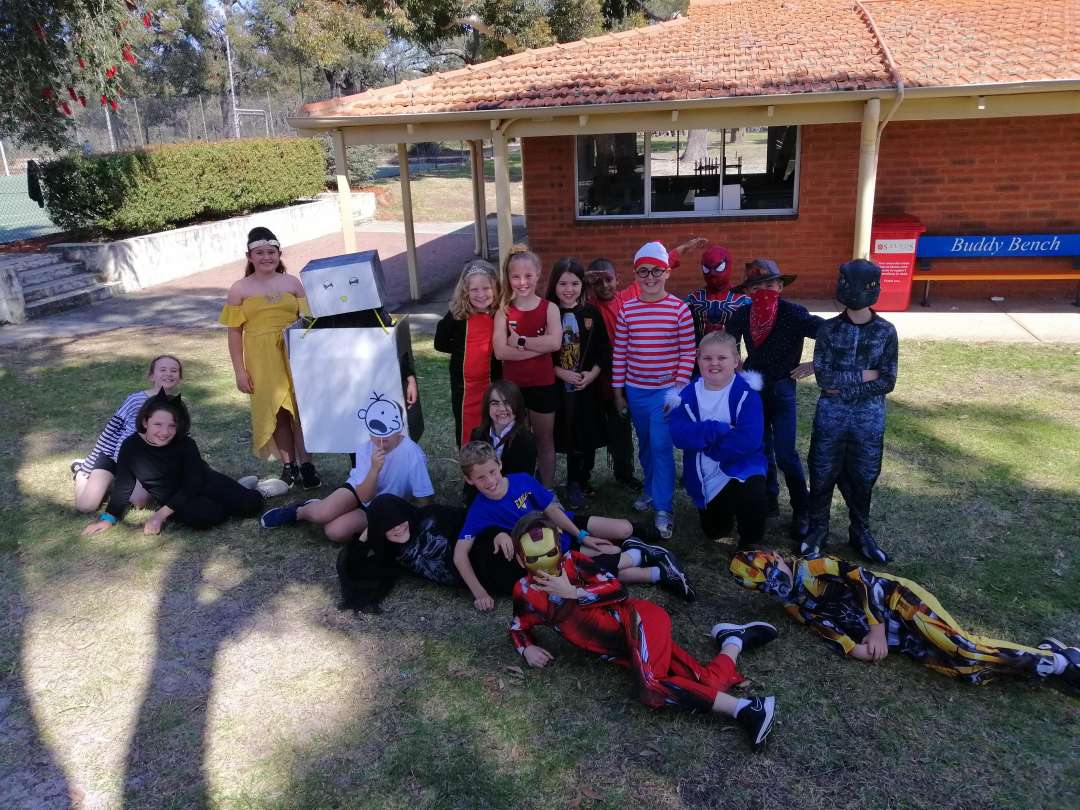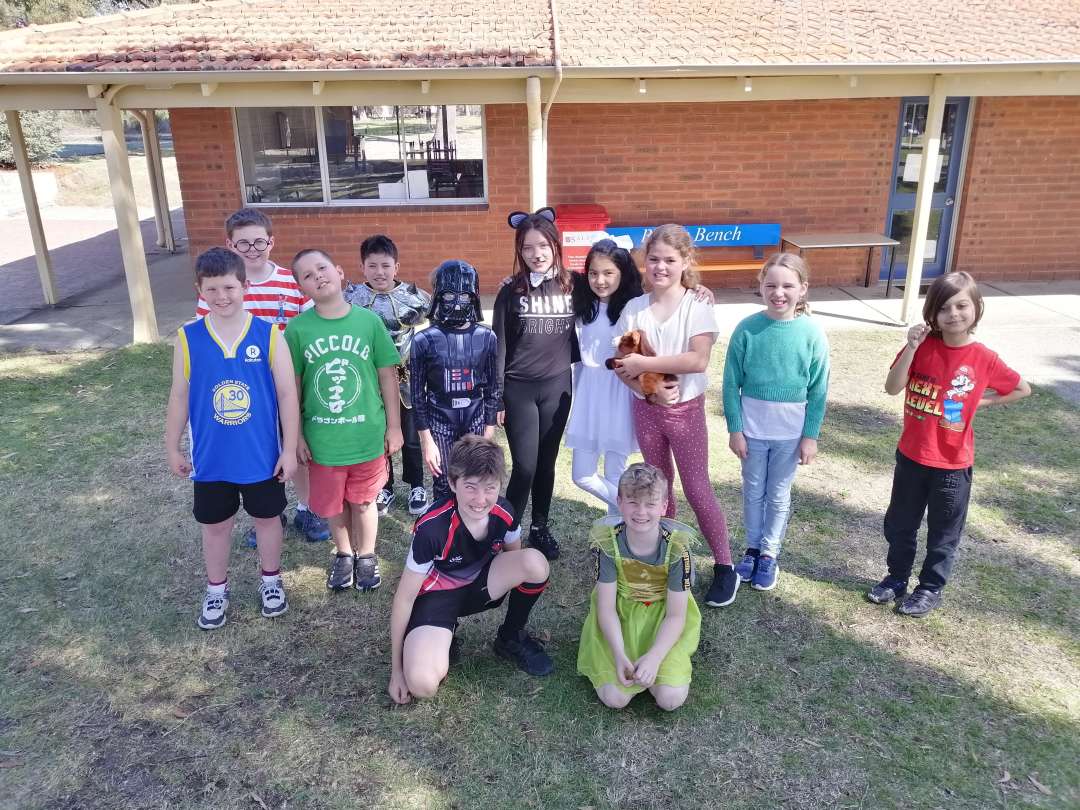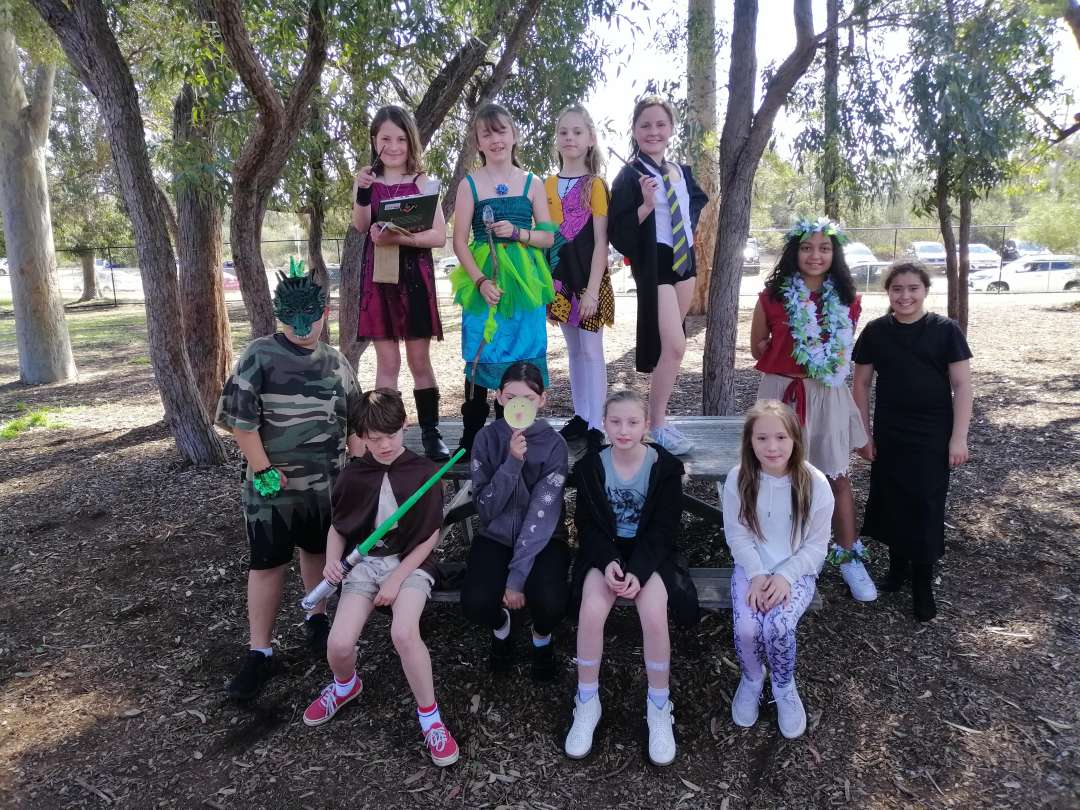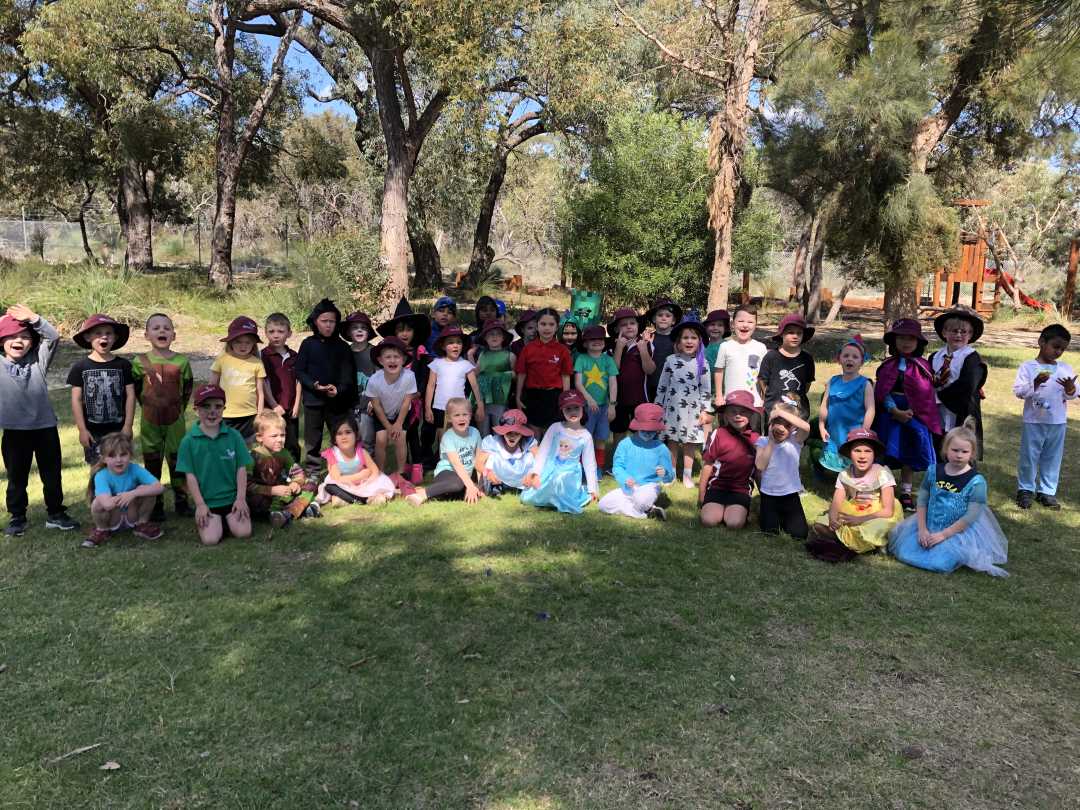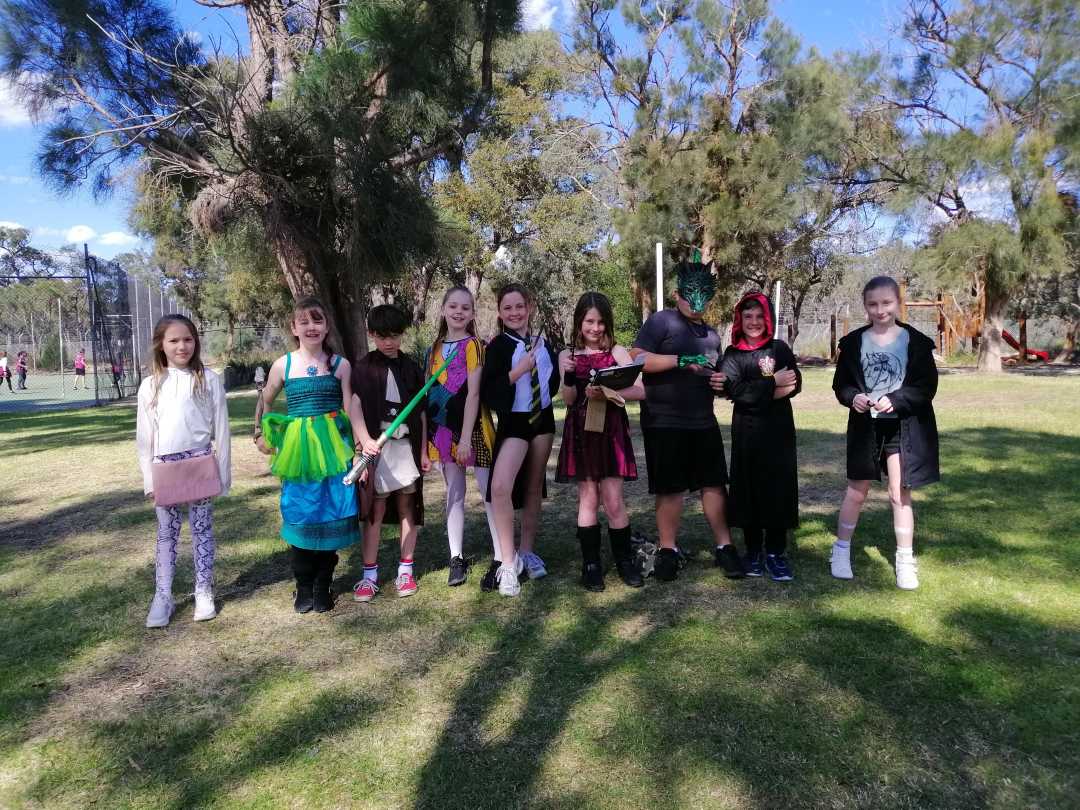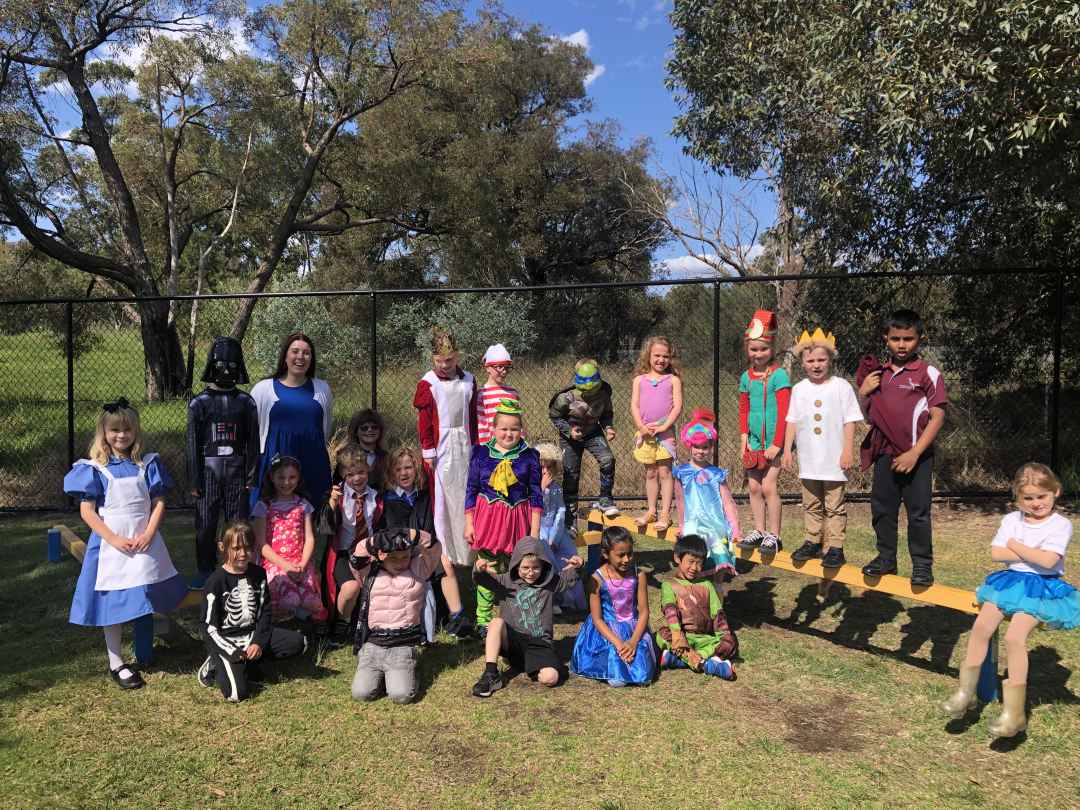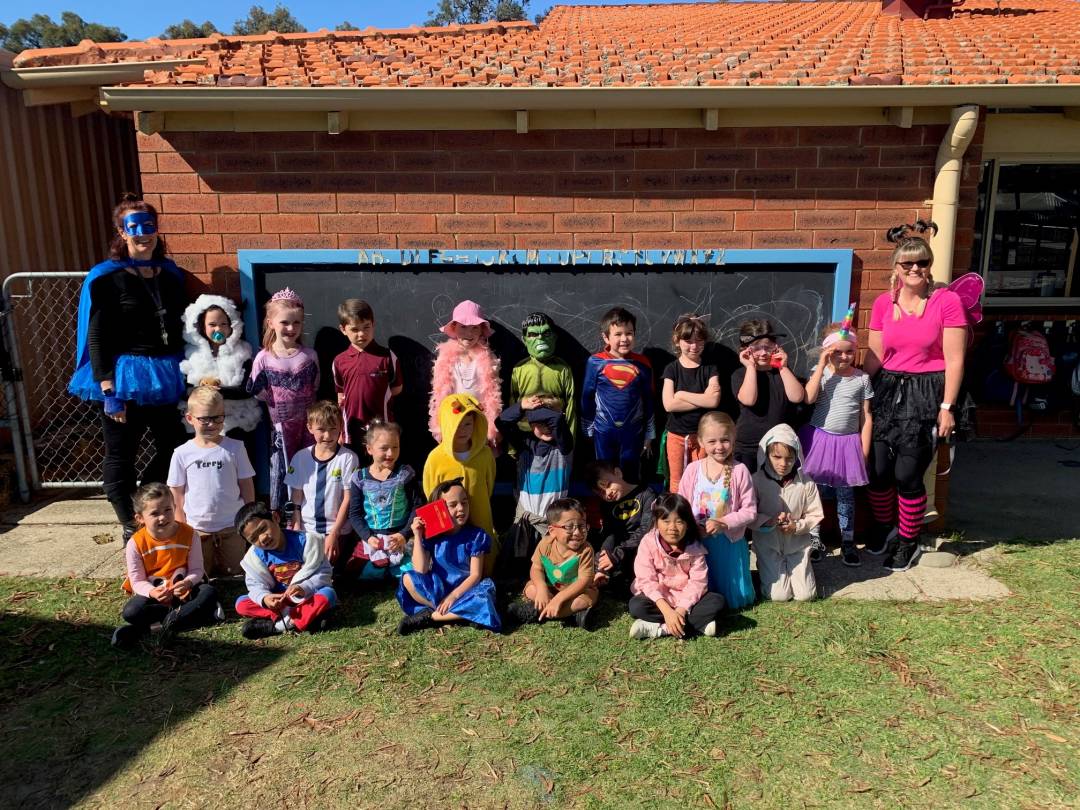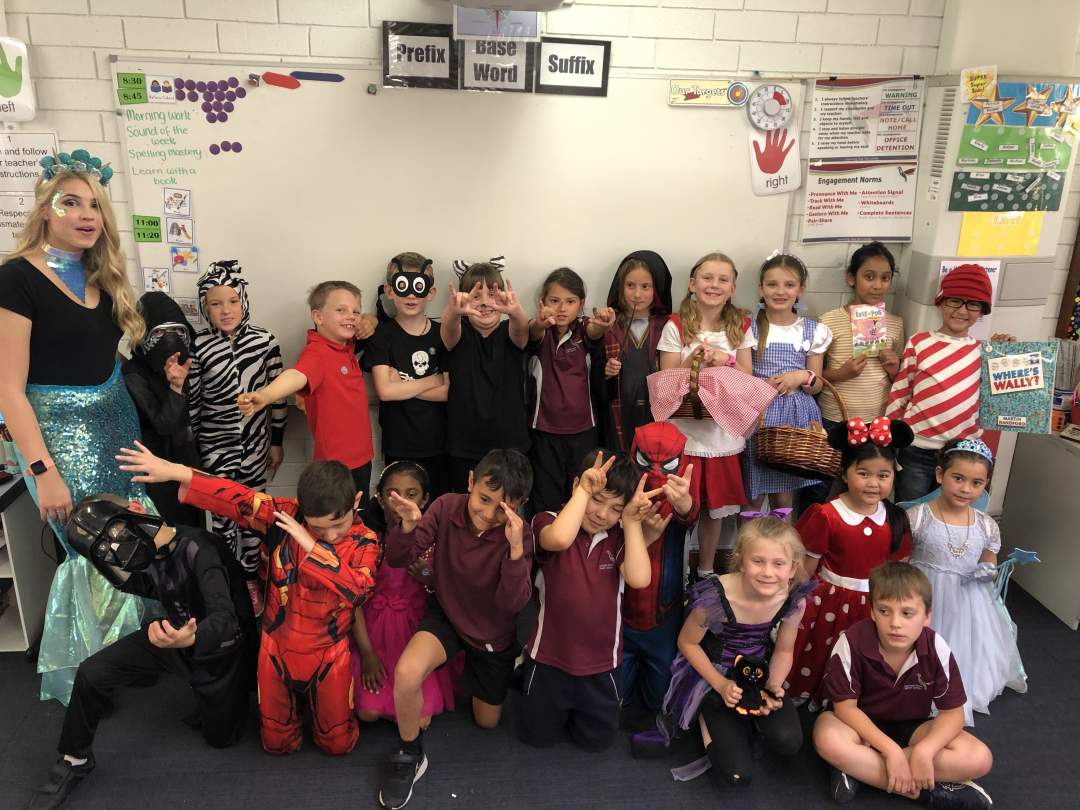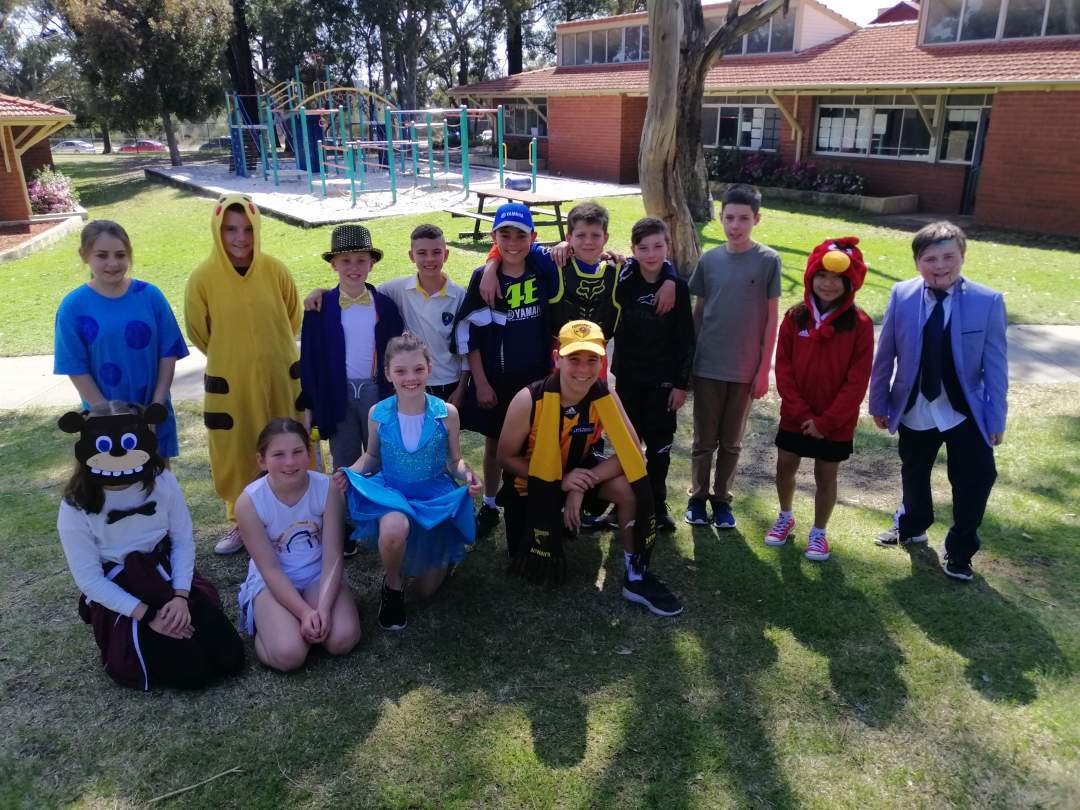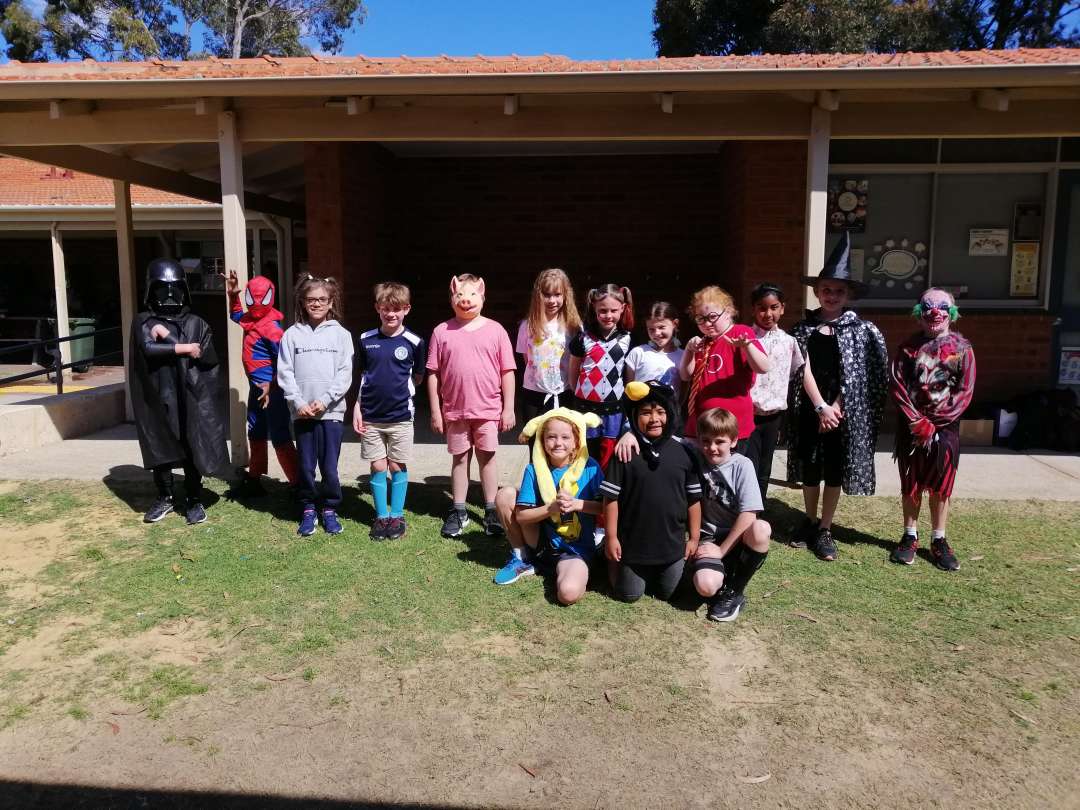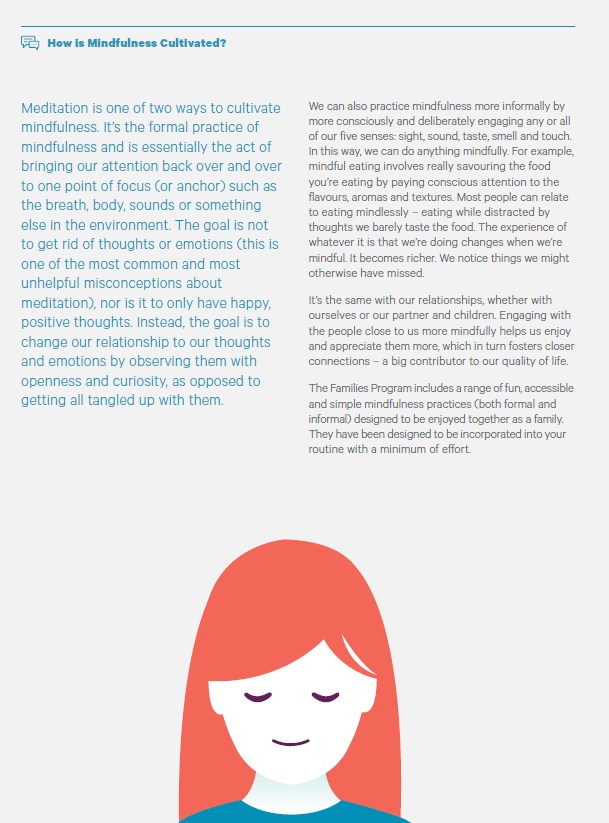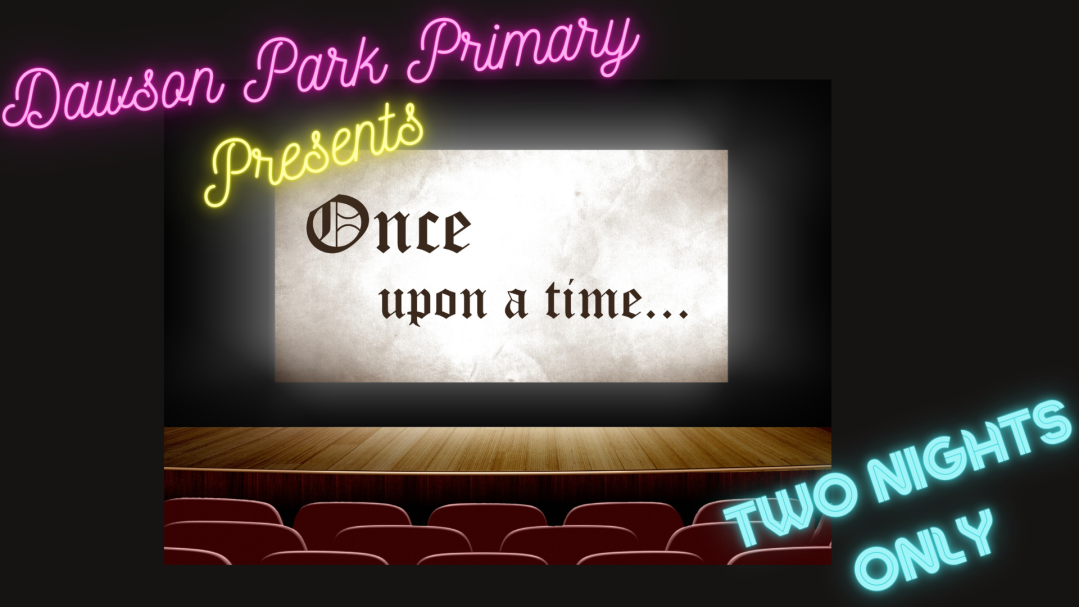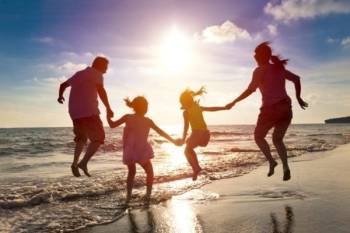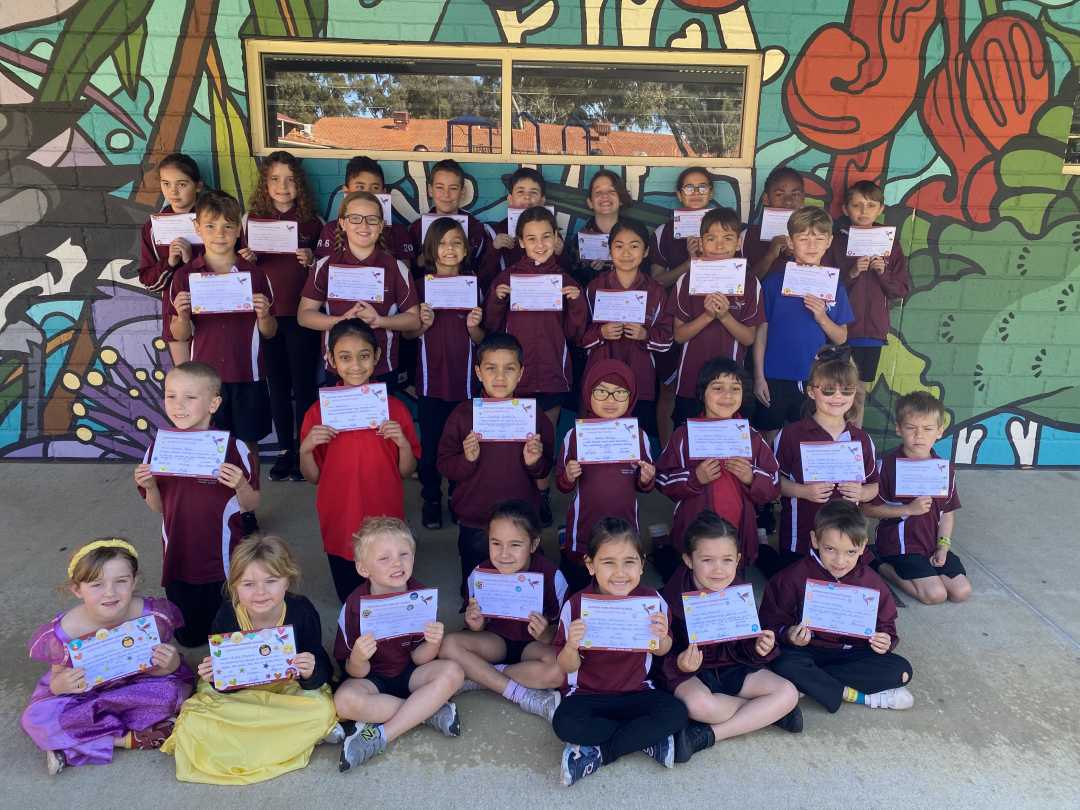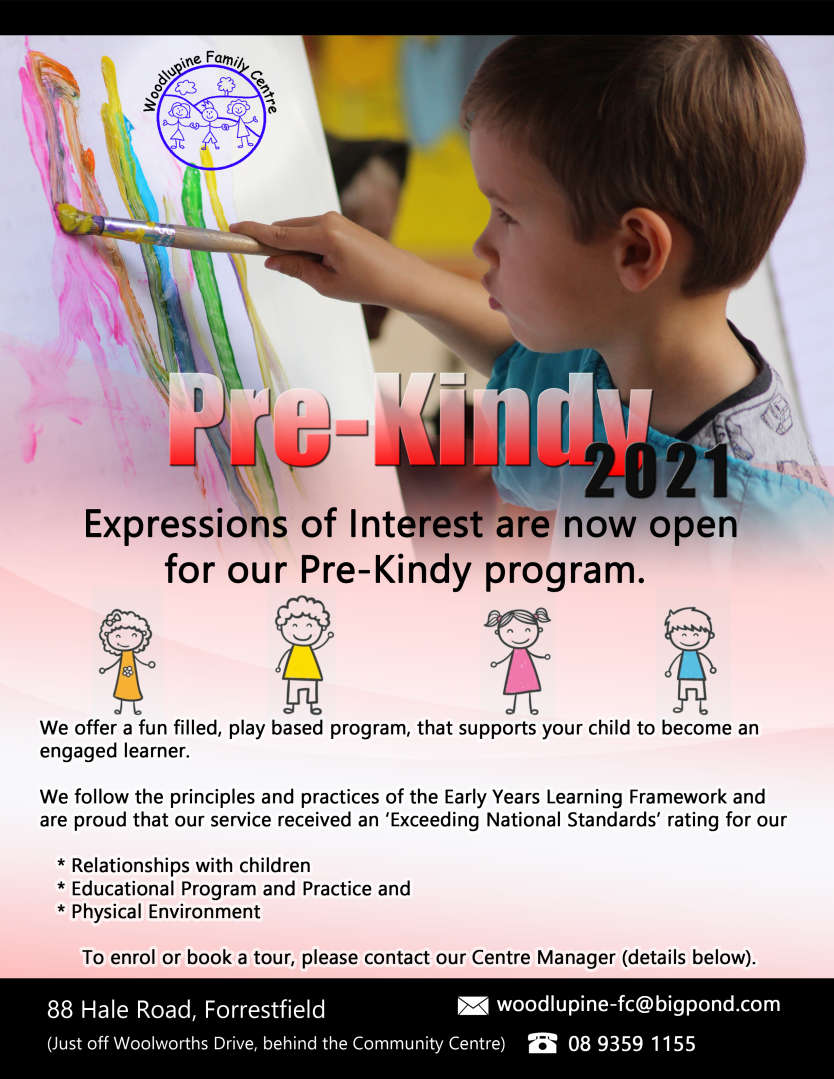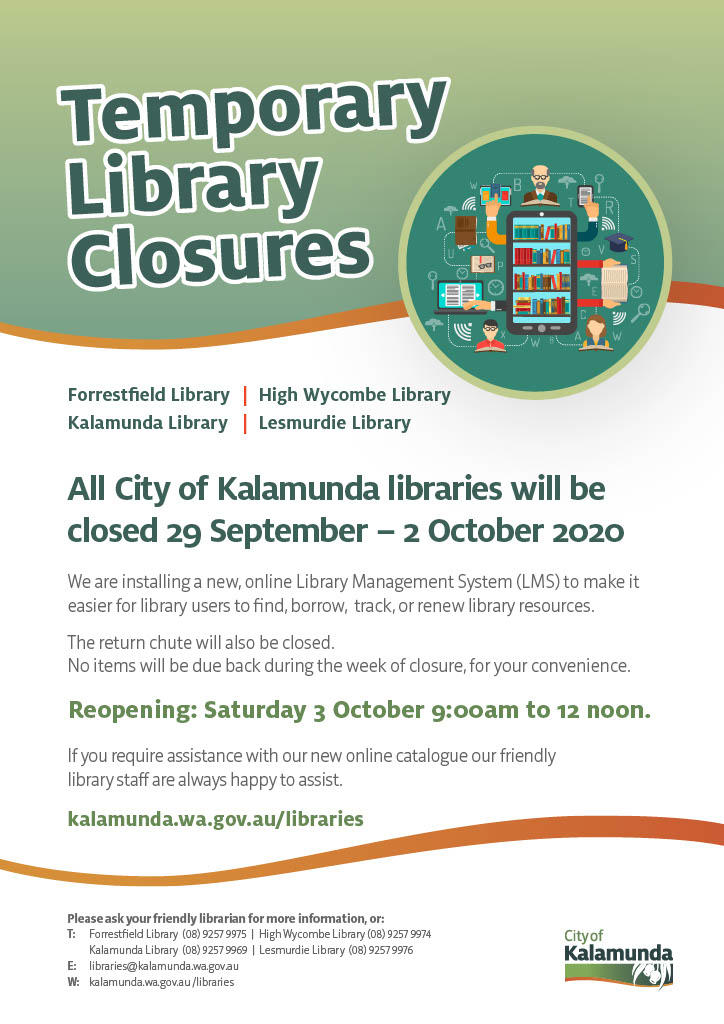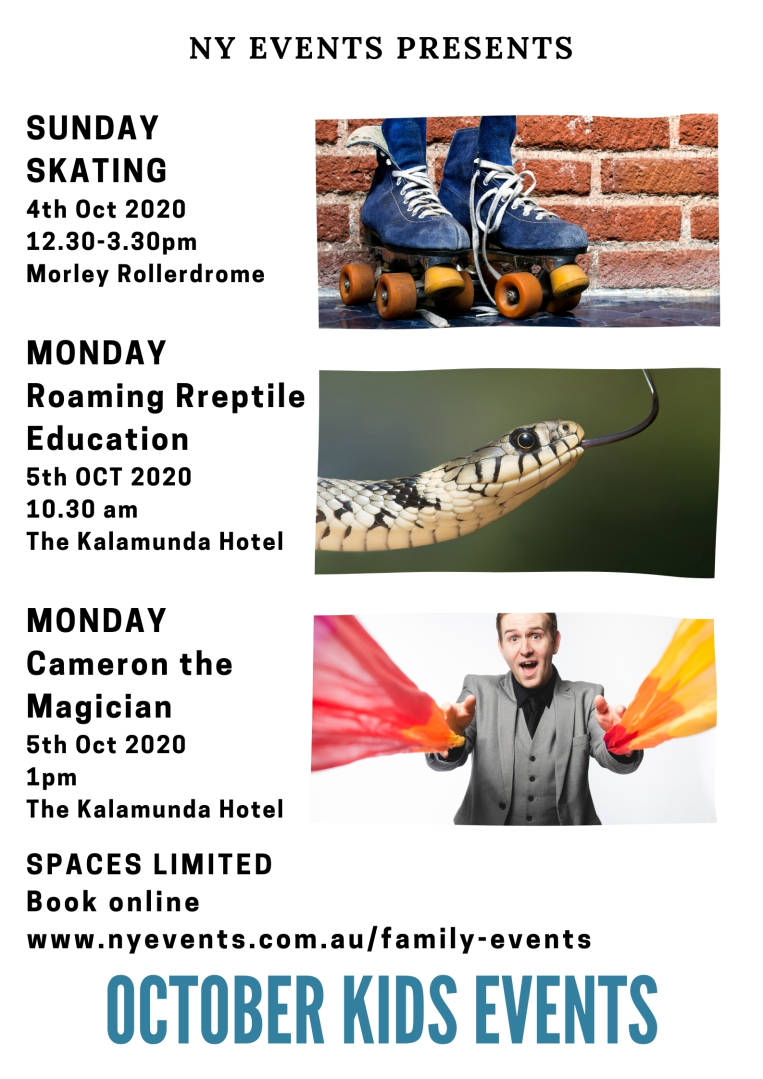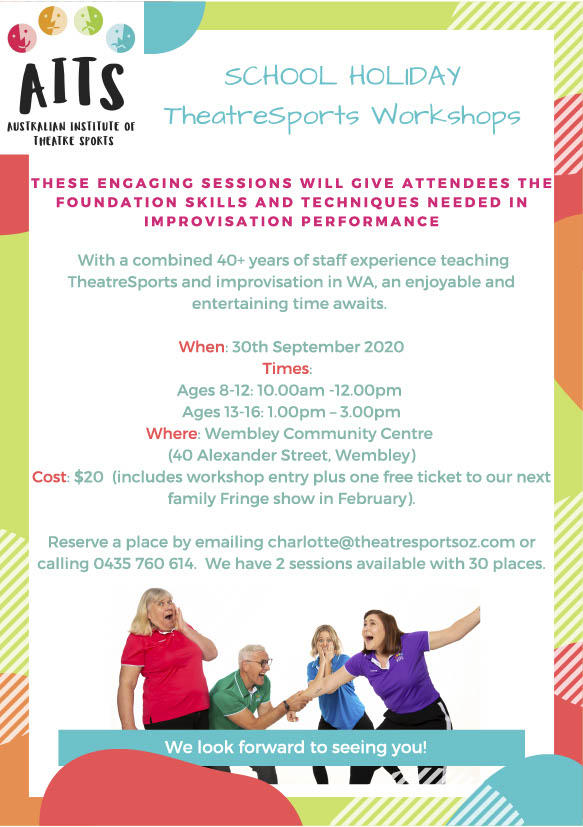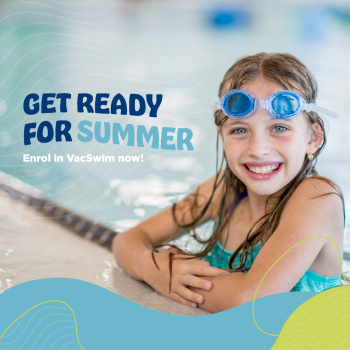Planning family holidays with kidsWhether you’re hanging out in one spot or heading off to explore, holidays with kids are about planning for short attention spans and short travel times.
Here are some top tips:
- Plan more breaks and fewer activities than you would if you were travelling on your own or with adults.
- Make sure you have plenty of stops for meals and drinks to keep everyone’s energy levels up.
- Look for activities and local attractions to keep children entertained – for example, swimming, games, playgrounds, carnivals, fun parks and movies.
- Plan downtime for yourself too. If your children are entertained with organised activities, playing with other children, or being looked after by babysitters, you’ll get a break for yourself.
Check out our articles on travelling with children by car, plane, bus and train, planning and packing for family travel and travelling with children with additional needs for more practical ideas to keep everyone safe, comfortable and entertained.
Involving kids in holiday planningIf your children help you plan your holiday, it can get them interested and excited. Their input can help you have a holiday that’s fun for everyone.
You could get some books from the library or find some websites about the places you’re going. This way your children can look at pictures and tell you what looks like fun. You could read or tell some stories from the places you’ll visit, or learn a few words of the language if you’re going overseas.
If your children are younger, you can come up with a basic plan and give them some options to choose from.
Although holidays are exciting, some kids do get nervous about the break from routine. Talking about holiday plans is also a good way to help them settle into the idea and reduce anxiety.
Holidays with kids: where to go and what to do
There are many different kinds of child-friendly holidays.
Beach holidays
Check that the beach is patrolled by lifeguards and the tides are predictable for safe swimming. Many beaches have rockpools or other areas that are good for small children, but check first that there’s nothing dangerous in them.
For sun protection, use sunscreen, wear hats and other sun-protective clothing, and consider buying your child a swimsuit with long sleeves and legs and an ultraviolet protection factor (UPF) rating of 50+. Sunglasses are also a good idea.
Don’t forget to pack buckets, spades, balls and bats to play with on the beach. A pair of old runners can be useful for climbing through rocks.
Also pack swim nappies if your child isn’t toilet trained.
Look into things to do in case of wet weather, or for when your child gets sick of playing in the sand and water.
Bushwalking
Check out local guide books or national park websites before deciding on a spot for your bushwalking holiday. These guides describe walking trails in the area and can help you decide whether they’re suitable for nature walks with children. Many national parks have paths designed for wheelchairs and prams.
If your walks will be longer than half an hour, make sure you pack a first aid kit, sunscreen, wet weather gear, insect repellent and some food and water. Always tell someone where you’re going, and carry a fully charged mobile phone. If you’re planning to go off the beaten track, you could look into taking an emergency beacon.
Camping
Choose a location where you can be sure kids can see and do exciting things like spotting local wildlife. Always choose a spot where you can keep an eye on kids. Be prepared with wet weather gear, sunscreen, insect repellent, first aid, games and books.
There are lots of caravan and camping grounds in Australia with child-friendly facilities like playgrounds, pools and water parks.
Accommodation tipsHere are some tips for choosing accommodation that will help make your stay away from home safe and stress free:
- If your budget allows, book a holiday house, hotel or rooms that allow family members to have some privacy. One bedroom for grown-ups and one for children can make sleeping arrangements easier to manage. And separate bedrooms mean you won’t keep the children awake. Even a room with a balcony or patio can give you some space when the children are asleep.
- Look for accommodation with a self-contained kitchen. Being able to prepare some meals yourself can help you keep to a budget and have snacks handy for children.
Here are tips for making sure your children are safe in holiday accommodation:
- If you’re staying in a hotel, check where the nearest fire escape is, and ensure that it isn’t blocked.
- Bring or hire your own stair barriers or gates if you need to.
- Have phone numbers and locations of the local doctor and hospital handy.
- Avoid bunk beds for very young children.
- If you’re using a portable cot, make sure you read the instructions carefully. Only use the firm, thin, well-fitting mattress that comes with the cot.
- Check outdoor play equipment to make sure nothing is broken and that it’s structurally solid.
- If there’s a pool, make sure that pool fencing meets Australian Standards. Supervise your children at all times in the pool.
Many companies rent equipment like cots, prams and highchairs. Many also deliver to your accommodation. This can help you make sure you have everything your children need while reducing the stress of packing and managing excess luggage.
A break from routineHolidays are about having fun, relaxing and getting away from the daily grind. But many children benefit from routines, whether at home or on holidays. Some routines will slip but sticking to a few basics, like bedtimes and mealtimes, can help children adapt to changes while you’re away.
You might need to remind your child about rules and routines on holiday. For example, only go swimming with an adult, always wear sunscreen and a hat outside, or always tell parents where you’re going.
A break from routine can affect how much sleep children can get. And if children aren’t getting enough sleep, it can make it harder for them – and for you – to enjoy family travel. Read more about sleep routines and travelling with children.

